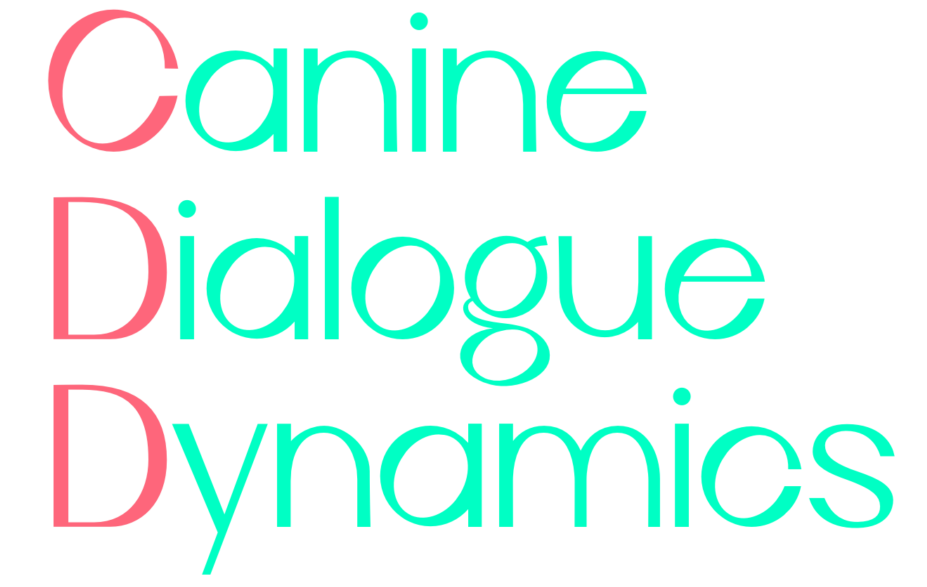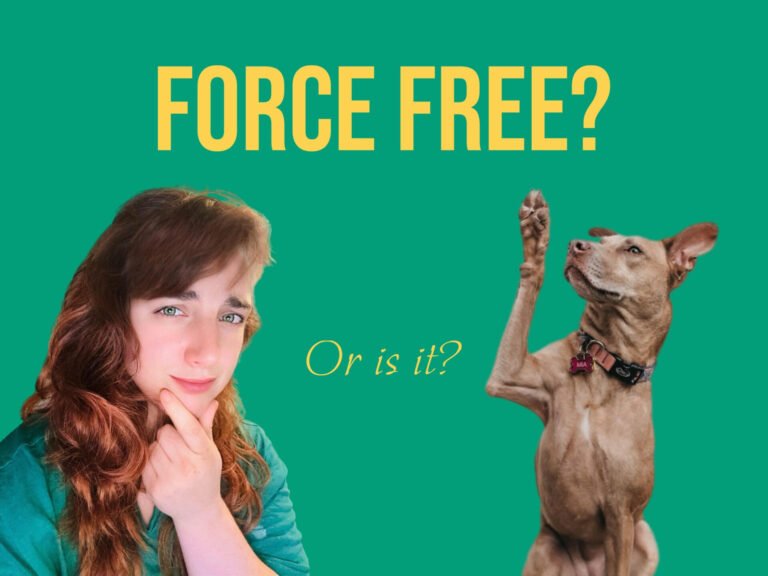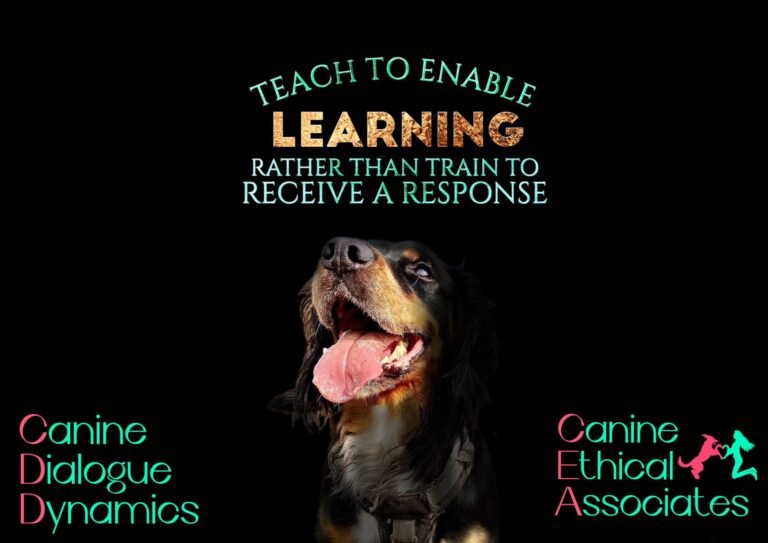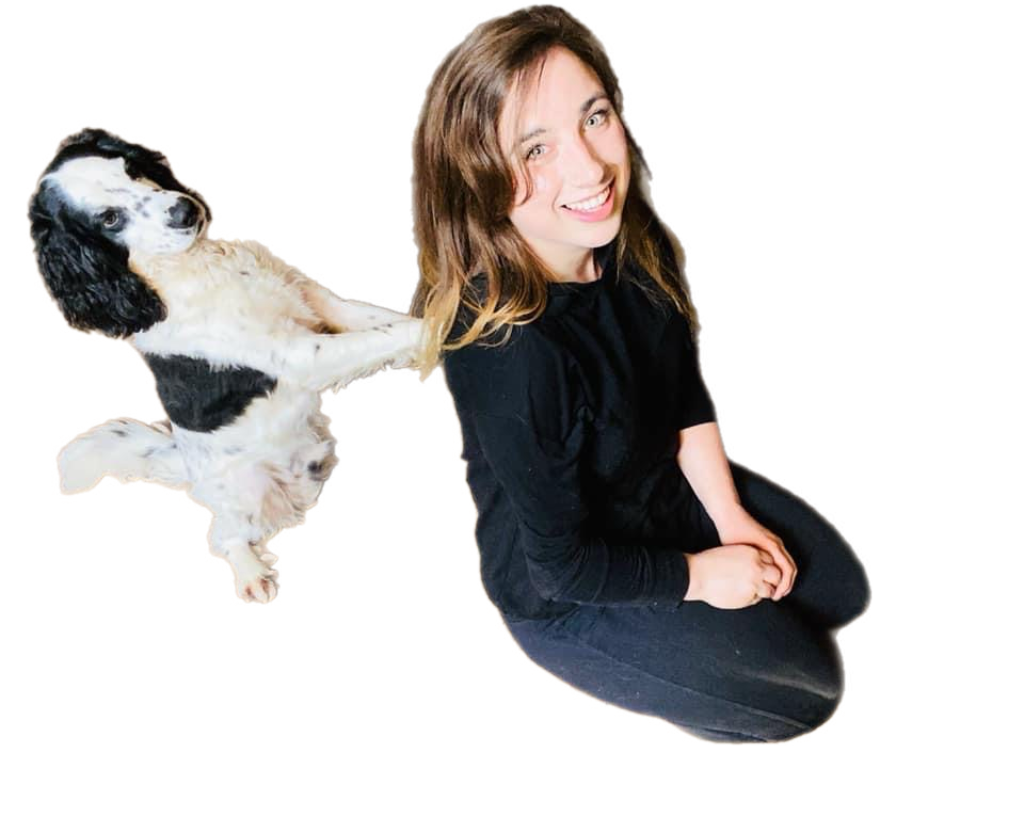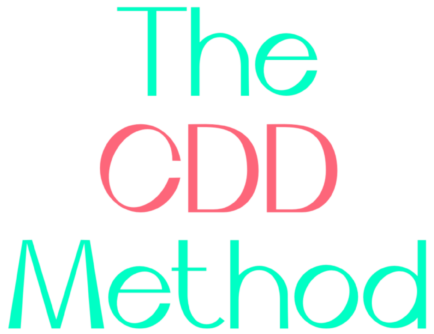In the ever-evolving world of canine training and behaviour, various methods have come to light, been tested, and subsequently debated. Among these methods, the use of corrections and punishments has been particularly controversial. From the Canine Dialogue Dynamics (CDD) standpoint, these tactics not only lack efficacy but can worsen behavioural issues. Let’s delve deeper into this subject.
Understanding Corrections and Punishments
To begin with, it’s crucial to define what we mean by ‘corrections’ and ‘punishments’. In a dog training context, these terms often refer to methods employed to reduce or stop unwanted behaviours by presenting the dog with an aversive stimulus (like a sharp verbal “No”, physical jerk, or even electric shock) following the unwanted behaviour. ‘Punishments’ can take many shapes. Beyond the overt physical or verbal corrections, they can also manifest as the removal of privileges, limiting a dog’s choices, or maintaining an overly controlling environment. All these actions aim to suppress or reduce undesired behaviours.
The Emotional Impact
One of the fundamental tenets of CDD is the recognition and respect of a dog’s emotional landscape. When corrections or punishments are used, it’s not just the behaviour that gets affected — it’s the dog’s emotional state. Punishments can induce fear, anxiety, and stress in dogs. These negative emotions can lead to various secondary issues, from a weakened bond with their human to the manifestation of other problematic behaviours as a coping mechanism. Removing and limiting choices and taking away their control results in emotional turmoil, whereas giving them more choices and teaching them how to have more control over their lives results in a much more contented dog.
Trust, The Building Block of Relationship
Any meaningful relationship, canine-human or otherwise, is built on trust. When we employ correctional tactics, we risk eroding this trust. A dog who’s consistently punished might grow anxious, unsure about when the next aversive event might occur. Such an environment is not conducive to genuine learning or the formation of a deep bond.
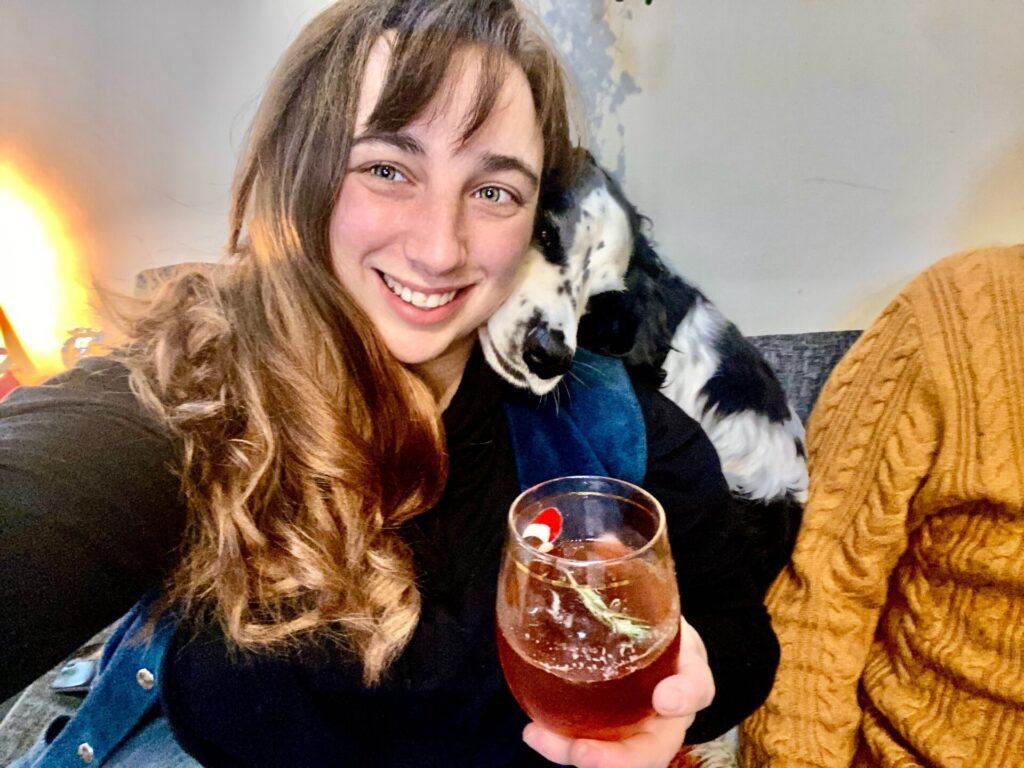
The Surface Solution vs The Root Cause
Correcting a behaviour doesn’t address its root cause. Let’s say a dog barks excessively when left alone and is punished for it. The punishment might suppress the barking, but the underlying issue (perhaps separation anxiety) remains unaddressed. Not only does this mean the problematic behaviour might return, but the dog could also develop other undesired behaviours as manifestations of the unaddressed issue.
Potential for Aggression
There’s significant evidence to suggest that punitive methods can lead to an increase in aggressive behaviours. A dog that’s consistently corrected or punished might start to display aggressive behaviours as a defence mechanism. The world becomes a place where unpredictable, negative things happen, and the dog learns to be on guard.
The CDD Way: Dialogue, Understanding, and Cooperation
Canine Dialogue Dynamics emphasises the importance of understanding and dialogue. Instead of suppressing behaviours through punishments, CDD promotes the idea of addressing the root causes of these behaviours through open dialogue and understanding. This approach fosters a deeper bond between dog and human and leads to genuine, long-term behavioural transformation.
Conclusion
The journey with our canine companions is one filled with learning, bonding, and mutual growth. While the allure of quick fixes like corrections might seem tempting, from the CDD perspective, these methods can be counterproductive and even harmful. Embracing an approach centred on understanding, dialogue, and positive reinforcement not only respects our dogs’ emotional worlds but also paves the way for a more harmonious and trusting relationship.
If you would like to learn more about the CDD method we have written more in our blog section and we have free Facebook groups with plenty of content, please join us there 🙂 https://www.facebook.com/groups/301384952635775
We also have our free reactivity group here https://www.facebook.com/groups/301875025876081
